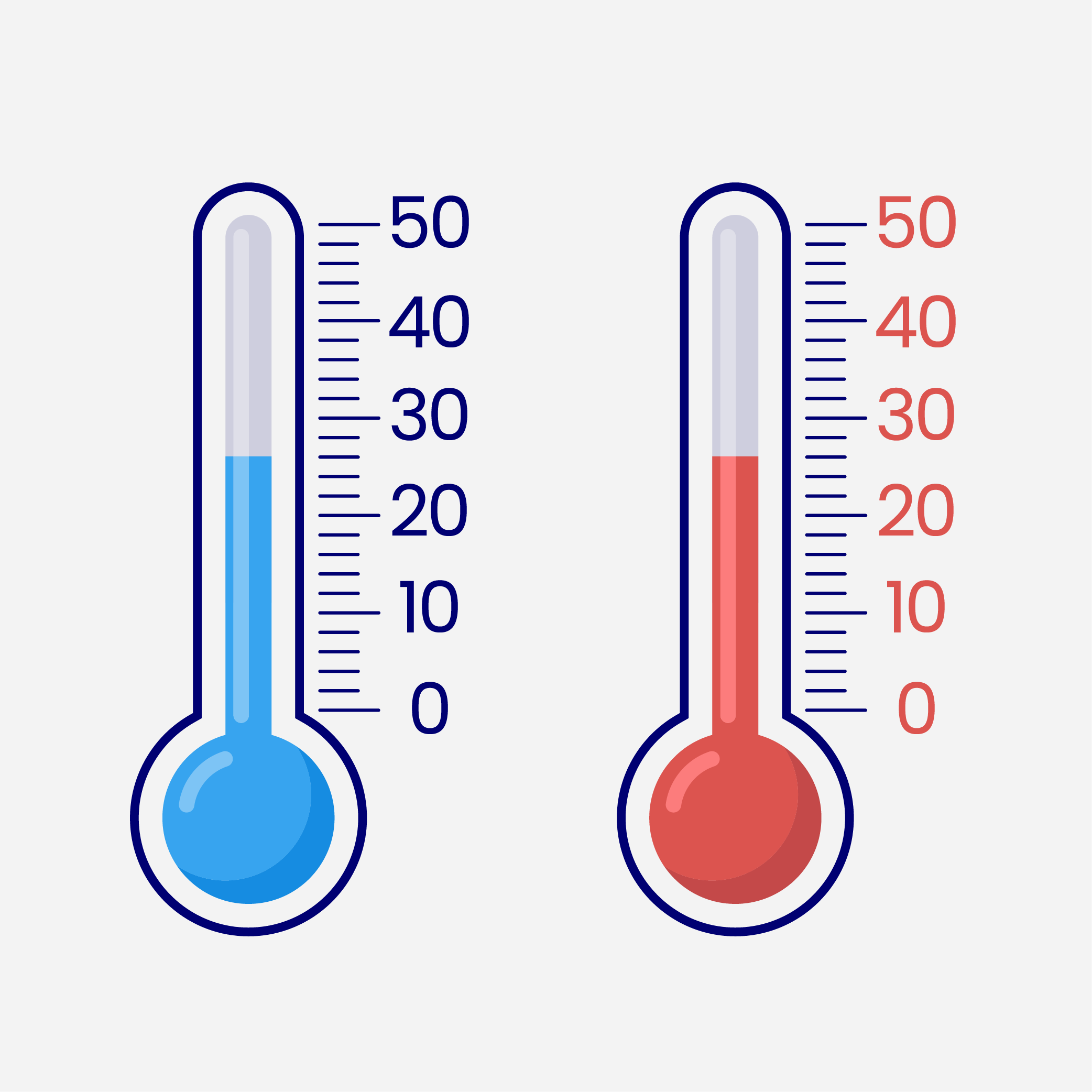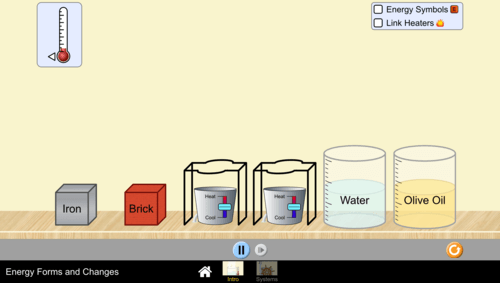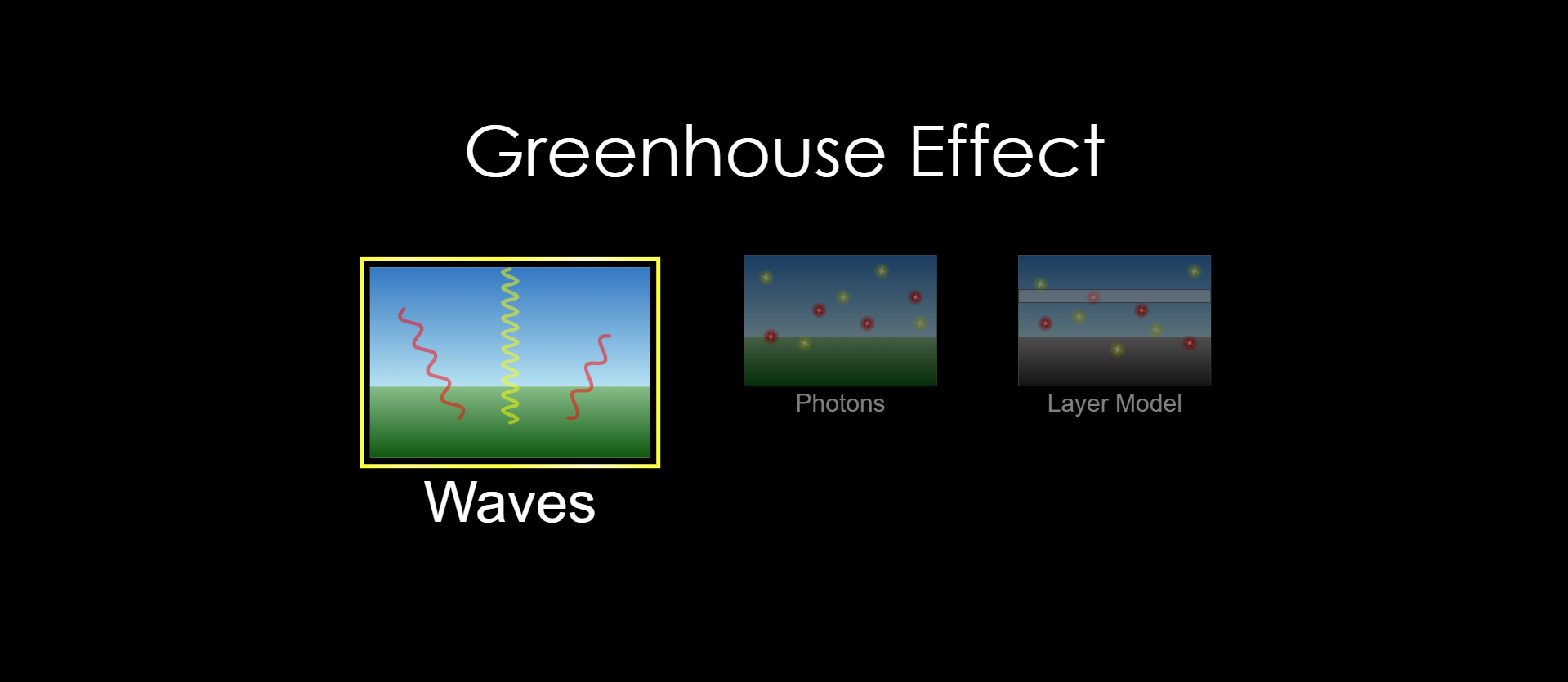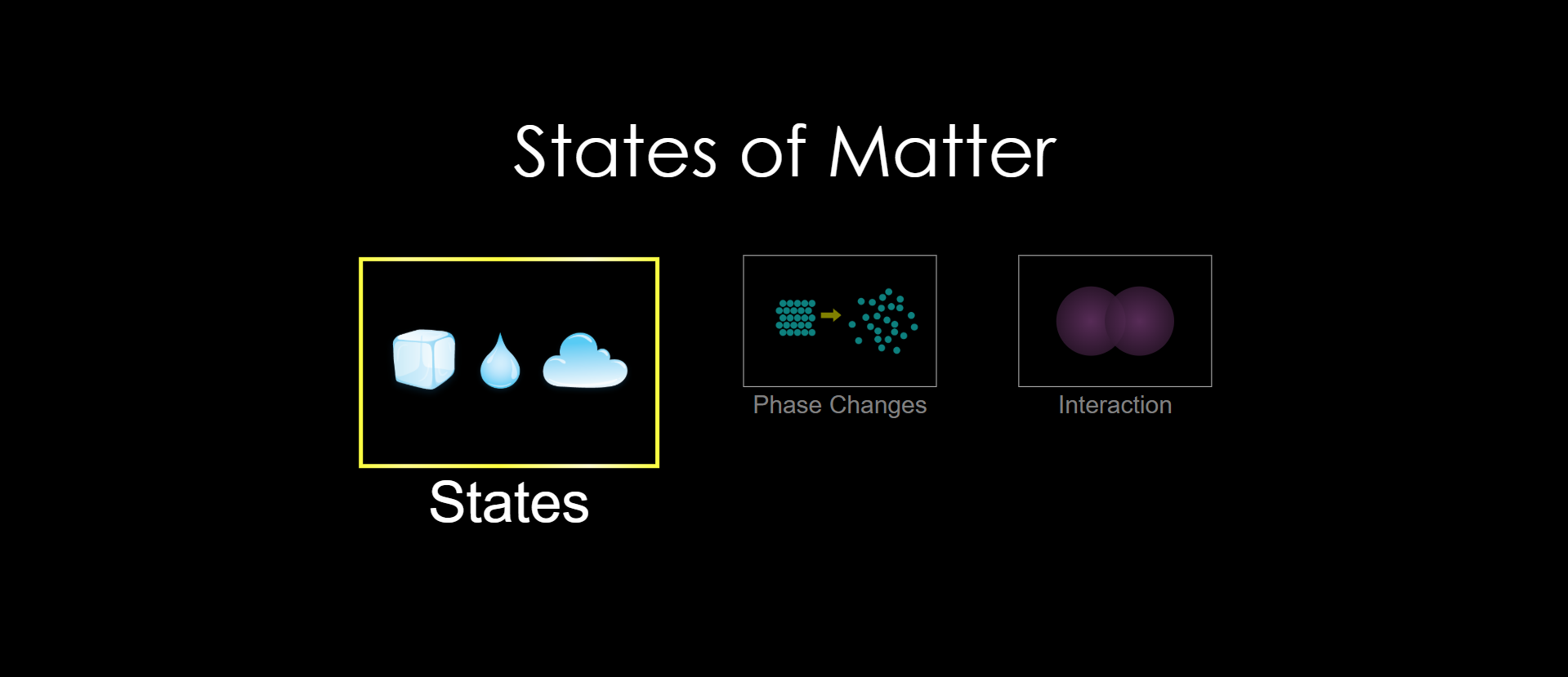Bab 4 : Haba
Apa yang akan anda pelajari dalam bab ini

Seterusnya, kita akan menyelidik muatan haba tentu, iaitu jumlah tenaga haba yang diperlukan untuk menaikkan suhu bahan sebanyak satu darjah Celsius. Kita juga akan menentukan muatan haba tentu, iaitu muatan haba per unit jisim bahan.
Seterusnya, kita akan meneroka haba pendam tentu, iaitu jumlah tenaga haba yang diperlukan untuk menukar keadaan bahan tanpa mengubah suhunya. Kita akan mentakrifkan haba pendam tentu, haba pendam tentu perlakuran (untuk peralihan pepejal kepada cecair), dan haba pendam tentu penyejatan (untuk peralihan cecair kepada gas).
Akhir sekali, kita akan mengkaji Hukum Gas, yang menerangkan hubungan antara tekanan, suhu, dan isipadu gas berdasarkan Teori Kinetik Gas. Kita akan menjalankan eksperimen untuk menentukan hubungan antara tekanan dan isipadu jisim gas tetap pada suhu malar.
Menjelang akhir bab ini, kita akan mempunyai pemahaman yang kukuh tentang haba dan pelbagai konsepnya, termasuk keseimbangan terma, muatan haba tentu, haba pendam tentu dan Hukum Gas.
Topik dalam bab ini
Live tuition recordings
Eksperimen
Video
Latihan untuk bab ini
-
Kad Imbas
- Haba Pendam Tentu
- Hukum Gas
- Keseimbangan Terma
- Muatan Haba Tentu
-
Ujian Topikal
- 4.1 Keseimbangan Terma - Set 1
- 4.1 Keseimbangan Terma - Set 2
- 4.2 Muatan Haba Tentu - Set 1
- 4.2 Muatan Haba Tentu - Set 2
- 4.3 Haba Pendam Tentu - Set 1
- 4.3 Haba Pendam Tentu - Set 2
- 4.4 Hukum Gas - Set 1
- 4.4 Hukum Gas - Set 2
- 4.4 Hukum Gas - Set 3

































